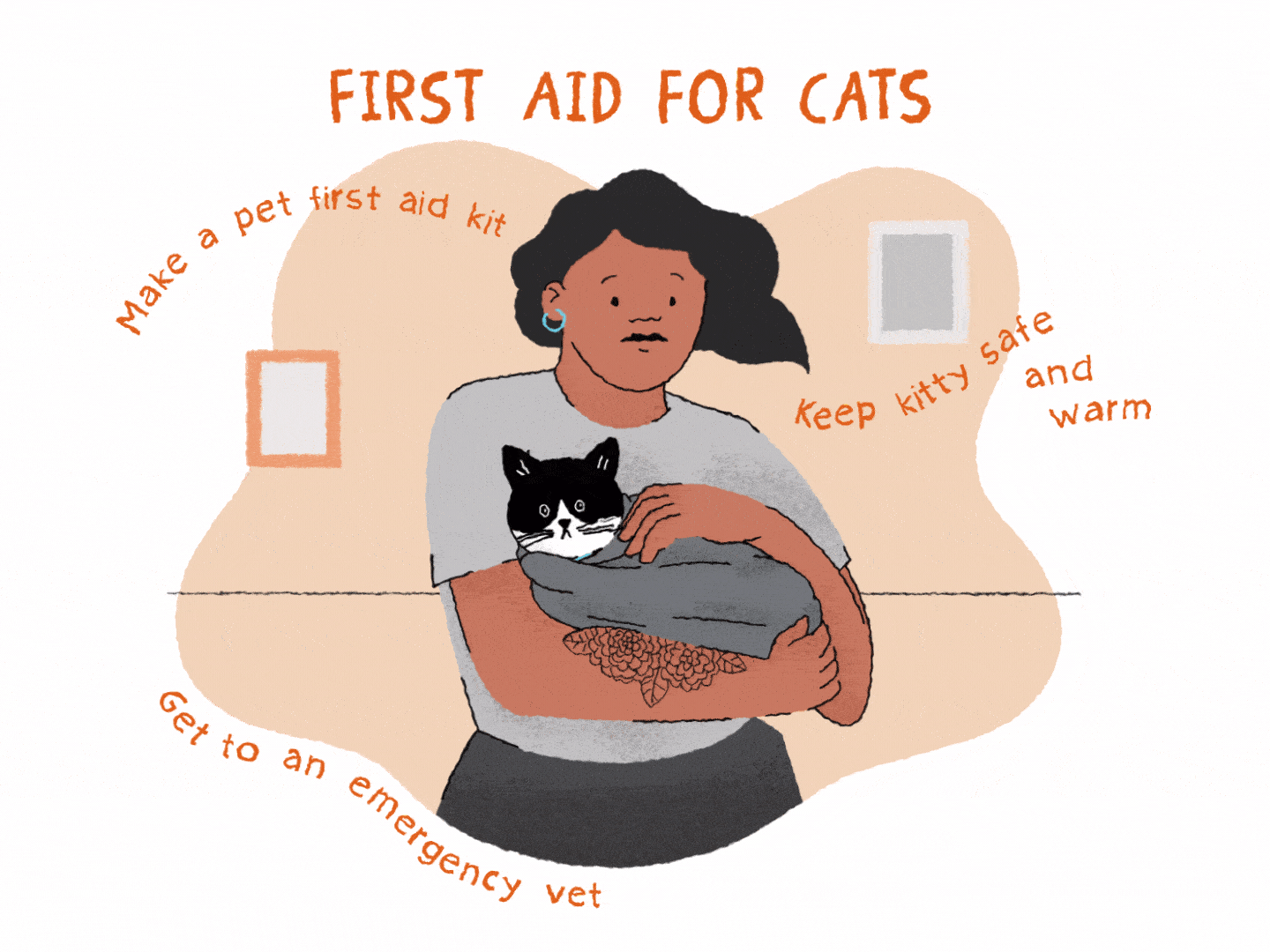Introduction:
Welcoming a pet into your home is a joyous occasion, but it comes with the responsibility of ensuring a safe and secure environment for your furry friend. Pet-proofing your home is a crucial step in providing a space where your pet can thrive while minimizing potential hazards. In this article, we’ll explore practical tips and strategies for pet-proofing your home, creating a safe haven for your beloved companion.
Section 1: Identifying Potential Hazards
A. Common Household Dangers:
- Discuss common household hazards for pets, including toxic plants, electrical cords, and small objects that can be swallowed.
- Emphasize the importance of awareness and vigilance in identifying potential dangers.
B. Specific Pet Needs:
- Highlight that different pets may have specific needs and sensitivities.
- Discuss how understanding your pet’s breed, age, and individual habits can guide pet-proofing efforts.
Section 2: Securing Hazardous Areas
A. Pet-Proofing Living Spaces:
- Explore strategies for pet-proofing common living spaces, such as securing loose cords and removing toxic plants.
- Discuss the importance of creating designated pet-friendly zones.
B. Restricted Access:
- Discuss the use of gates or barriers to restrict access to certain areas of the home.
- Highlight the benefits of gradually introducing new spaces to pets to prevent overwhelming them.
Section 3: Safeguarding Furniture and Belongings
A. Protecting Furniture:
- Introduce protective measures for furniture, including slipcovers and pet-friendly upholstery.
- Discuss how scratching posts or pads can redirect a cat’s natural scratching behavior.
B. Storing Hazardous Items:
- Encourage pet owners to store hazardous items, such as cleaning supplies and medications, in secure cabinets.
- Discuss the importance of keeping potentially harmful items out of reach.
Section 4: Creating Safe Outdoor Spaces
A. Secure Fencing:
- Discuss the importance of secure fencing to prevent pets from wandering off or encountering potential dangers.
- Explore options like invisible fences for added safety.
B. Toxic Plant Awareness:
- Highlight the need for awareness regarding toxic plants in outdoor spaces.
- Discuss how landscaping choices can impact a pet’s safety.

Section 5: Choosing Pet-Safe Products
A. Pet-Safe Cleaning Products:
- Introduce the concept of using pet-safe cleaning products.
- Discuss the benefits of natural and non-toxic alternatives that won’t harm pets.
B. Selecting Pet-Friendly Toys:
- Discuss the importance of choosing safe and durable toys for pets.
- Highlight how age-appropriate toys can prevent choking hazards.
Section 6: Emergency Preparedness
A. Knowing Emergency Procedures:
- Encourage pet owners to familiarize themselves with emergency procedures.
- Discuss the importance of having contact information for a veterinarian and a nearby animal emergency clinic.
B. Pet Identification:
- Discuss the significance of proper pet identification, including collars with ID tags and microchipping.
- Highlight the role of identification in reuniting lost pets with their owners.
Conclusion:
Pet-proofing your home is a fundamental aspect of responsible pet ownership, ensuring a safe and secure environment for your furry friend to thrive. By identifying potential hazards, securing living spaces, safeguarding furniture, creating safe outdoor areas, choosing pet-safe products, and preparing for emergencies, you can transform your home into a haven where both you and your pet can enjoy a happy and healthy life together. Prioritize the safety and well-being of your beloved companion, and let your home be a place of comfort and security for your furry family member.